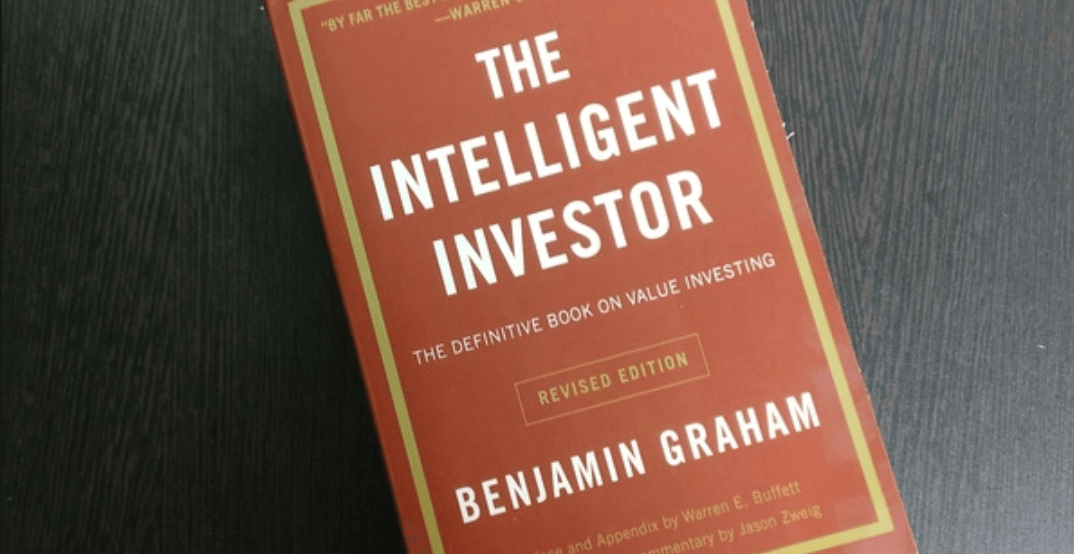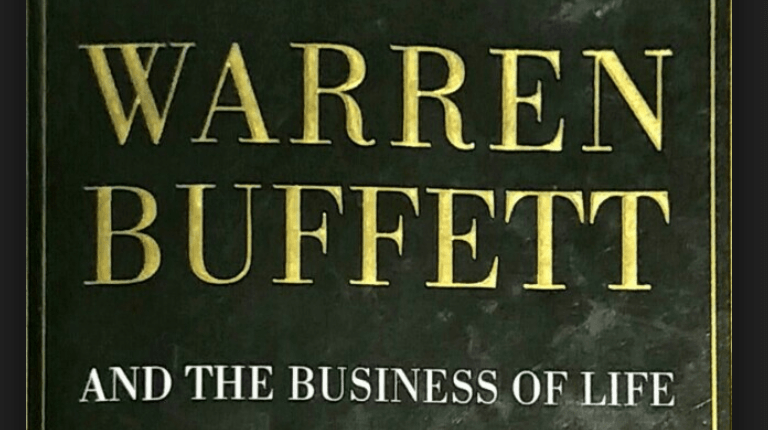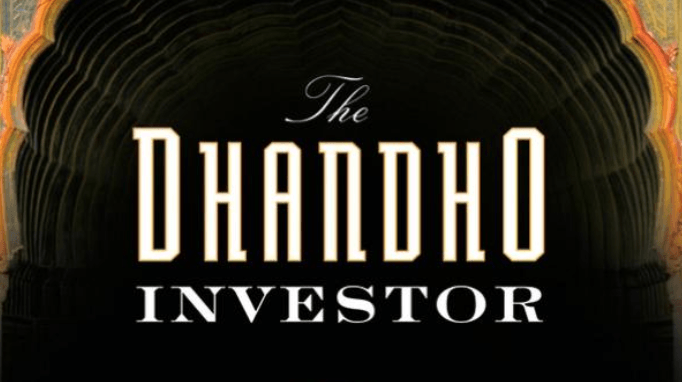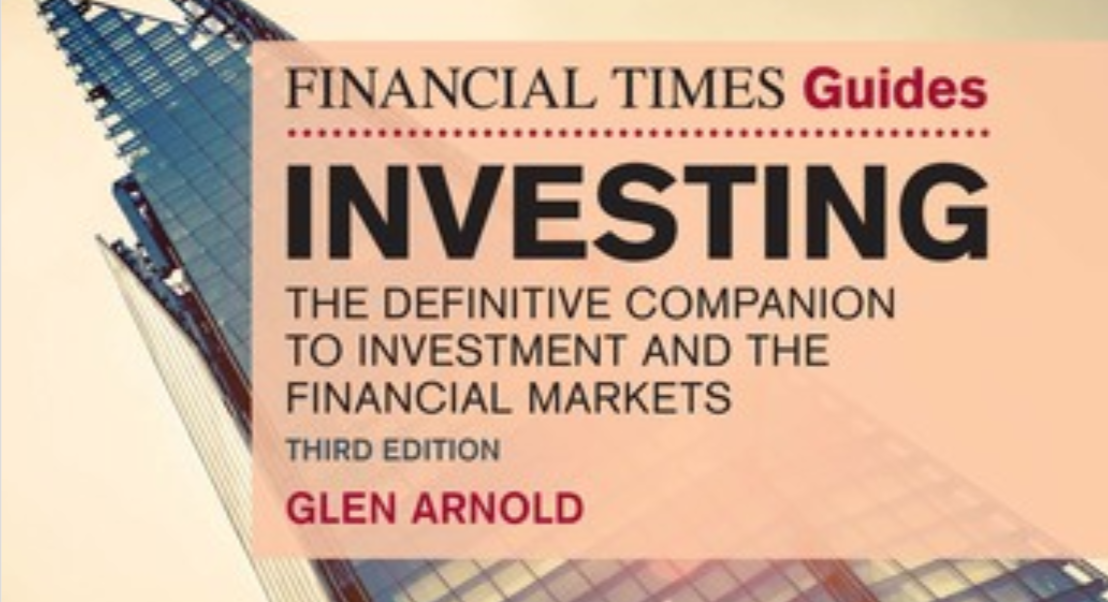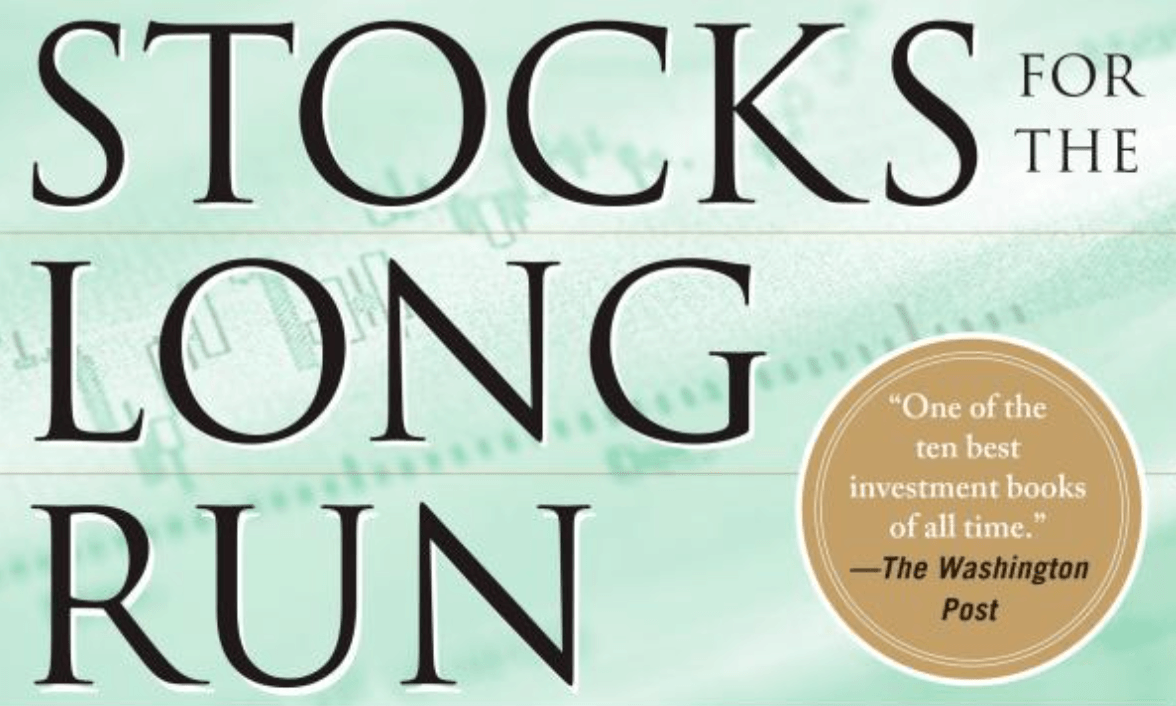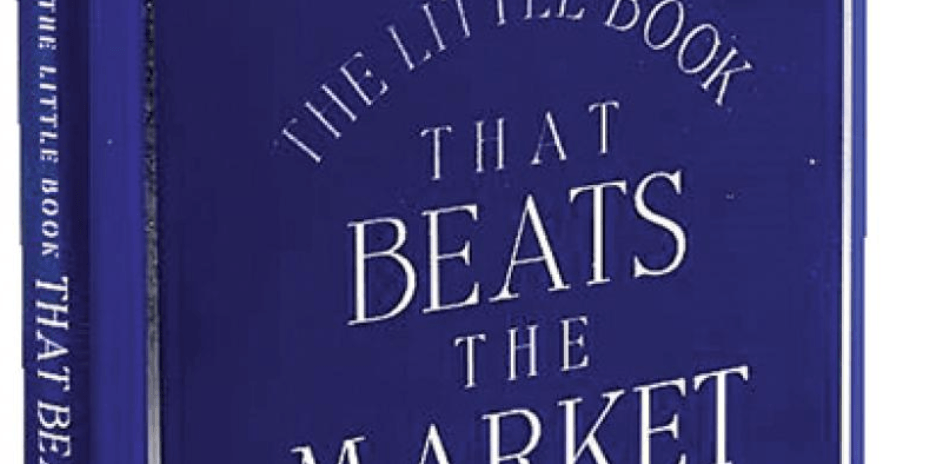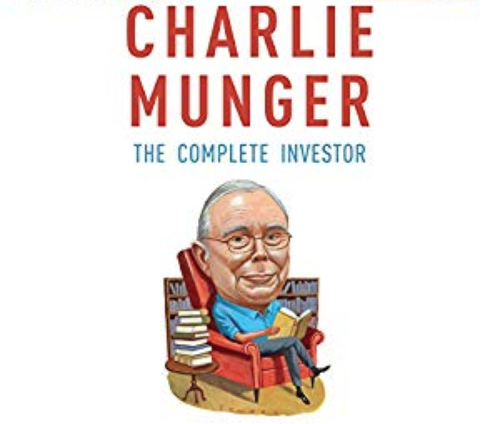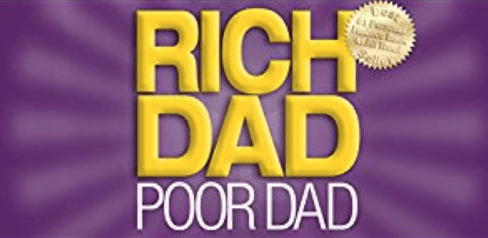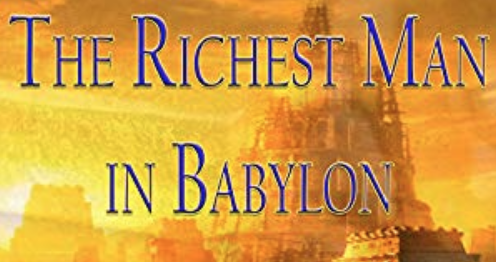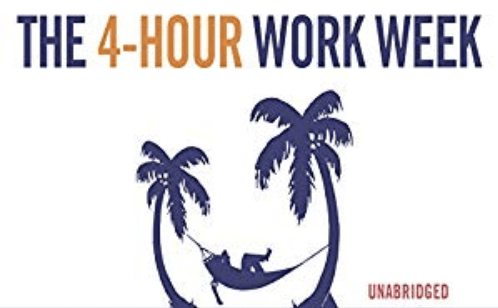Ben Graham has been heralded as ‘The Father of Value
Investing’ and in this book he details his investing strategy, which has been
utilised by many investing heavyweights (and most of the other authors on this list.)
Warren Buffett called this book “by far the best investing book ever written”
- and if that doesn't convince you to read it, nothing will.
This was the first book I read on investing and it has shaped my strategy more than any other. The principals this book teaches are akin to the experience of reading it; you must have patience, attention to detail, perseverance and the ability to stay in for the long haul!
The lessons, though hard fought to obtain are all the more precious for the effort and not so easily forgotten. The latest edition has a section written to modernise and summarise each preceding chapter, which is enormously helpful even if it does feel somewhat like cheating!
You cannot be a true value investor without these pages in your brain; they are vital and will serve you well for years to come. If you have come here for knowledge then look no further! You may return to the rest of this list once this book has been defeated (and if you're really struggling then just read chapters 3, 8 and 20; these are gold dust).
It seems only fair that number two on our list should come from The Oracle of Omaha, Ben Graham’s apprentice and the greatest investor in modern memory: Warren Buffett. If you want to learn about the man himself and how he became the wealth building juggernaut he is today, The Snowball is a balanced, thorough and enjoyable biography written by Alice Schroeder who was given rare permission to speak to Warren, his family and closest friends.
I am a huge fan of Buffett as a person and of his story, and I found a great deal of wisdom in this book. This account is less biased and better written than a few of the other Buffett books (e.g. Tap Dancing To Work and Buffett: The Making of an American Capitalist .) However, if you want to learn about his investing strategies only, you can find more incite by reading his annual letters to the Berkshire Hathaway shareholders here:
http://berkshirehathaway.com/letters/letters.html
They really are a goldmine but they are quite heavy and exclusively business focussed. My advice would be to save these for a little further down the road if you are just starting out.
The Snowball will give you a dream and a real life example of what can be achieved in the world of investing. Better yet, it is a story of thinking yourself rich. No lucky lottery ticket, no inheritance, just a brilliant person following his strategy with discipline. It lit a flame in my belly and trust me, once that flame is lit it is impossible to extinguish!
I loved this book and would recommend it to novices and experts alike. Dhandho means business, in more ways than one. His stories of a Gujarati family trying to achieve the American Dream are inspiring and I was hooked from the first chapter.
Pabrai’s investment strategy is based upon risk and avoiding it at all costs. He bets infrequently, but when he does he makes sure it’s the right investment and then bets big. This strategy has served him very well while managing The Pabrai Investment fund, which has delivered 28% annualised returns to investors since 1999.
This book helped me to spot companies that are worth betting big on, he lays the foundations for investors to seek out good, reliable companies in stable markets with very little risk attached. Pabrai has a similar strategy to Buffett and in The Dhandho Investor we get real life examples of how value investing has been utilised over the last 20 years.
Unlike the first two, this book is an easy read and can be completed in a couple of sittings. I firmly believe it will be looked on as a classic in years to come.
“Read this book carefully and the financial services industry will have one fewer easy victim, but you will have a sound base for a lifetime of successful investment.” - Chair of the UK Shareholder's Association, Martin White.
This is a slightly different recommendation; one that might not light the flame inside you but that means you won’t immediately set yourself on fire. This book teaches you to walk so that you can run later on.
The FT Guides are consistently excellent, reliable sources of material and advice for investors. This book gives an extensive introduction into the stock market in an easily digestible manner. It will provide answers to questions that you will need to understand before taking the leap into the stock market. For example, if you don’t know what dividends are, how to decipher a P/E ratio or where to find a company’s annual reports, this book should be your first port of call.
I bought this book as a birthday present for co-Start Investing investor Matt a few years ago. It has been very well thumbed since then and we have found having all the information in the same place and in the same format has made understanding the concepts much easier than say, using Google for every little query we come across. Furthermore, it gives a completely unbiased, unromantic view of the stock market so you can decide freely how you want to approach your investments.
You won't find this book on many top 5 lists but Jeremy J. Siegel's book on long term investing is what we had been looking for in an investing book since we started. It's pure fact. There are no ifs, no buts; just science. Siegel tells you what works and what doesn't when it comes to investing in stocks, and with data coming from a period of 100 years plus.
No book has us more about the types of stocks that outperform the market than this one, and we guarantee that by the end you will be much more confident about your stock picking abilities.
If you come from a scientific background and want to learn how to pick stocks in the same way - this is the book for you.
1. The Little Book That (Still) Beats The Market (2005)
- Written by Joel Greenblatt
- Narrated by Adam Grupper
- Running time 3h51m
This is the audiobook that made me believe that beating the market is achievable for the average investor. You don’t need a team of analysts or a degree in economics to generate above-average returns. In this book the highly successful fund manager and professor at Colombia Business School outlines a ludicrously simple strategy that even his young children can follow, in fact, his children were the inspiration for writing this book.
He says that by investing in good businesses while they are trading at discount prices, you can beat the market and most hedge fund managers out there. He uses only two metrics to determine which companies to buy and advocates holding them for one year, he calls this ‘The Magic Formula.’ He has put the formula online for free here: https://www.magicformulainvesting.com so you can use it yourself once you’ve listened to the book.
The Little Book That Beats The Market is a New York Times best seller and is already a classic with over 300,000 copies in print. There is a more up to date version (The Little Book That STILL Beats The Market) published in 2010 that also has incites into the 2008 financial crash. Unlike The Intelligent Investor, it is very easy listening, funny and the concepts are simple. We use several facets of The Magic Formula in our own investing strategy, such as dollar cost averaging and focussing on buying good business at a discount.
If you are looking for an easy introduction into investing strategy with little or no prior knowledge, this is my number one choice.
2 . Charlie Munger: The Complete Investor (2015)
- Written by Tren Griffin
- Narrated by Fred Stella
- Running time 6h 21m
Charlie Munger is the Yang to Warren Buffett’s Yin and vice chairman of their wildly successful investing firm Berkshire Hathaway. He is investing royalty and notoriously secretive, Warren calls him ‘the abominable no man’ due to his stringent criteria for allowing the purchase of shares.
This audiobook focuses on Munger’s interviews, speeches, letters and investing strategy. It provides much more than investment advice; it is a book about how to think about the world and how to acquire elementary, worldly wisdom.
You get to know the man and
his philosophy well through the dulcet tones of Fred Stella’s narration. I
gobbled this up in one week and it left me feeling in awe of this Zen-investing
master, and craving more.
- Written by Robert T. Kiyosaki
- Narrated by Tim Wheeler
- Running time 6h9m
Your wealth is not dependant on your salary; you can earn a great deal and still be poor, you can earn a modest amount and end up rich. This book may not provide much in the way of stocks and shares advice, but it is the book that lead me to seek out ways of making passive income, of making my little piles of money go out into the world and make more money for me. I can honestly say that it changed my life.
Through a story about a child with one rich Dad and one poor Dad, Robert Kiyosaki shows the reader how they can end up successful even without a six-figure salary. This is done by resisting the ‘keeping up with the Jones’’ mentality and instead striving to acquire assets rather than liabilities. As with all of these recommendations, there is no simple trick here, it is about investing in yourself, in your own knowledge and making sure that you are looking after your future first.
4. The Richest Man in Babylon (1927)
- Written by George S. Clason
- Narrated by Mike Vendetti
- Running time 4h4m
Without doubt one of the best books on personal finance ever written. It was originally a series of informational pamphlets handed out by banks as a way for the clients to become wealthy and stay wealthy. The lessons are taught through Babylonian parables and are just as useful today as they were in the 1920s and presumably would have been in ancient Babylon.
In particular, ‘the nine cures for a lean purse’ are all wonderfully helpful and each comes with its own fable. I have all nine written on my noticeboard, I recommend you do the same!
The ten hours it would take to listen to The Richest Man In Babylon and Rich Dad Poor Dad could easily save you ten years of work in the future.
If you want to feel inspired, if you want the feeling that you can achieve anything, if you want to speak mandarin to your personal assistant in New Delhi during a bare-knuckle boxing session in Taipei while earning thousands of dollars a month, this might be one for you.
What this book will do for you: give you a kick up the rear, put big ideas in your head and maybe give you the impetus you’ve been waiting for to make changes in your life. Tim Ferriss is an amazing guy; he advocates a life free from your inbox, from meetings and wasting time. Batch, outsource, go and live more life.
Dreams are important, and with The 4-Hour Work Week Tim gives us the ideas and the practicalities to go out there and make ourselves successful. If you take nothing else from this book, it will make you understand that you don’t have to spend your life doing a job you hate, there are innumerable options if you open your mind to them.
Go forth, young Ferrissians, and find out for yourself.

